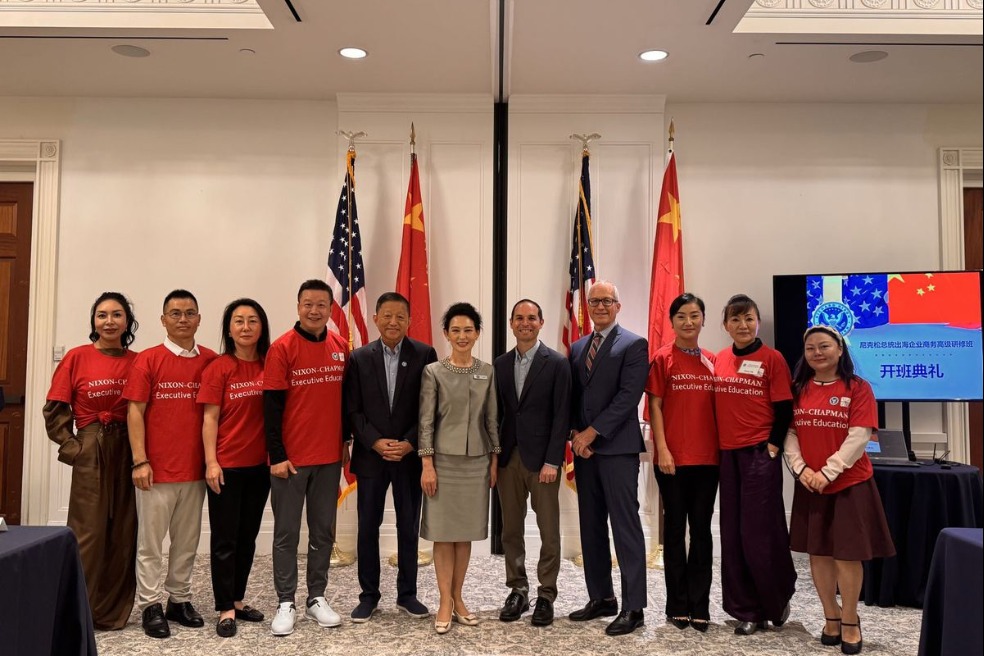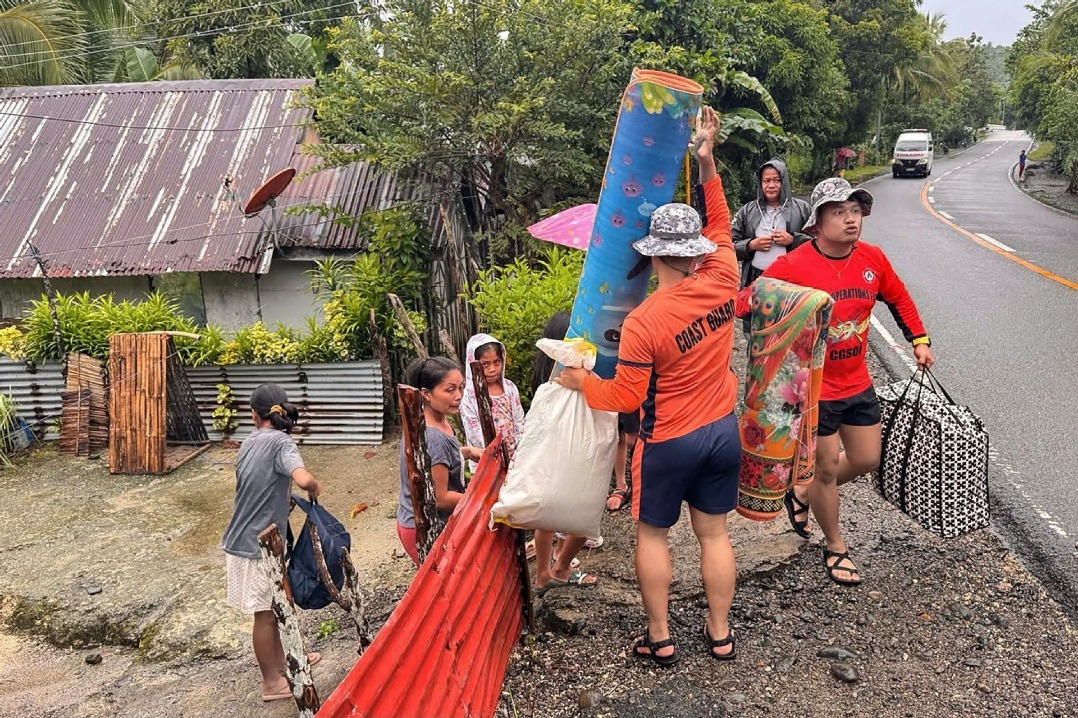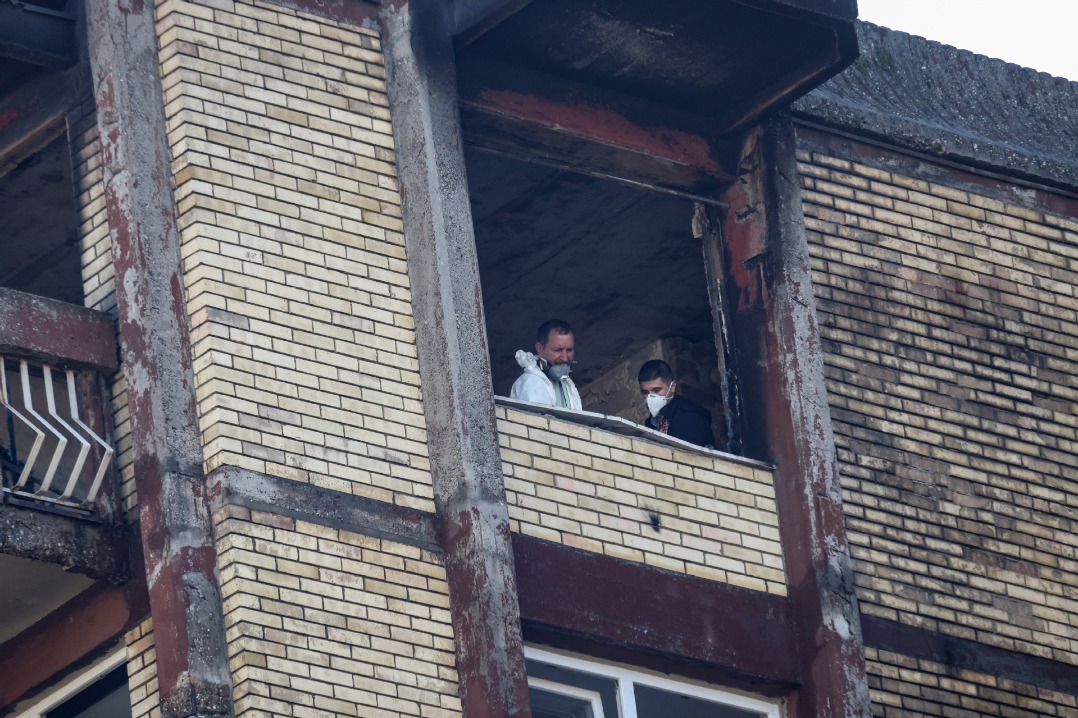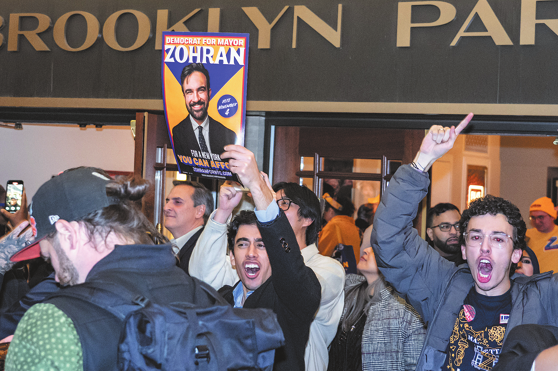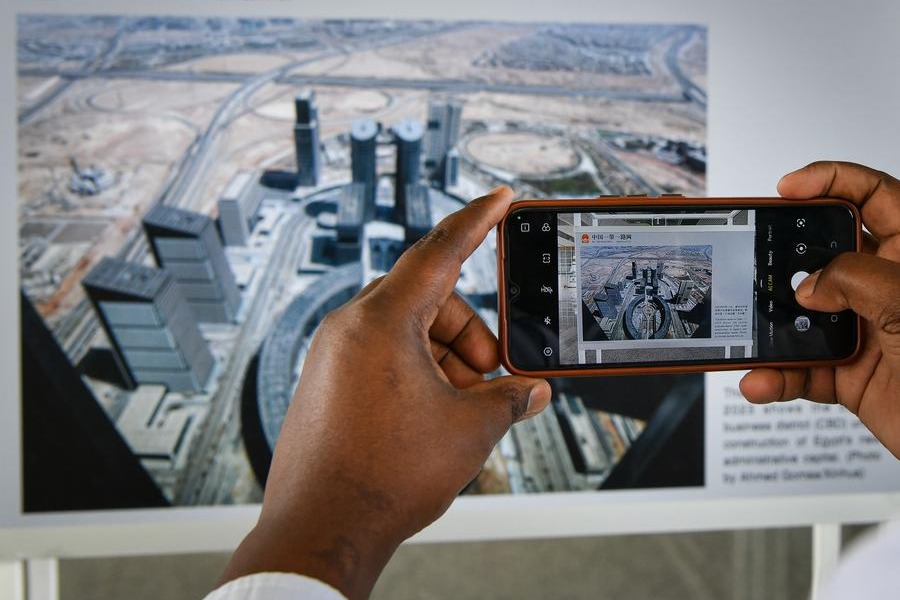Iran slams US strikes on nuclear sites
Teheran warns Washington over attacks as it asserts right to self-defense

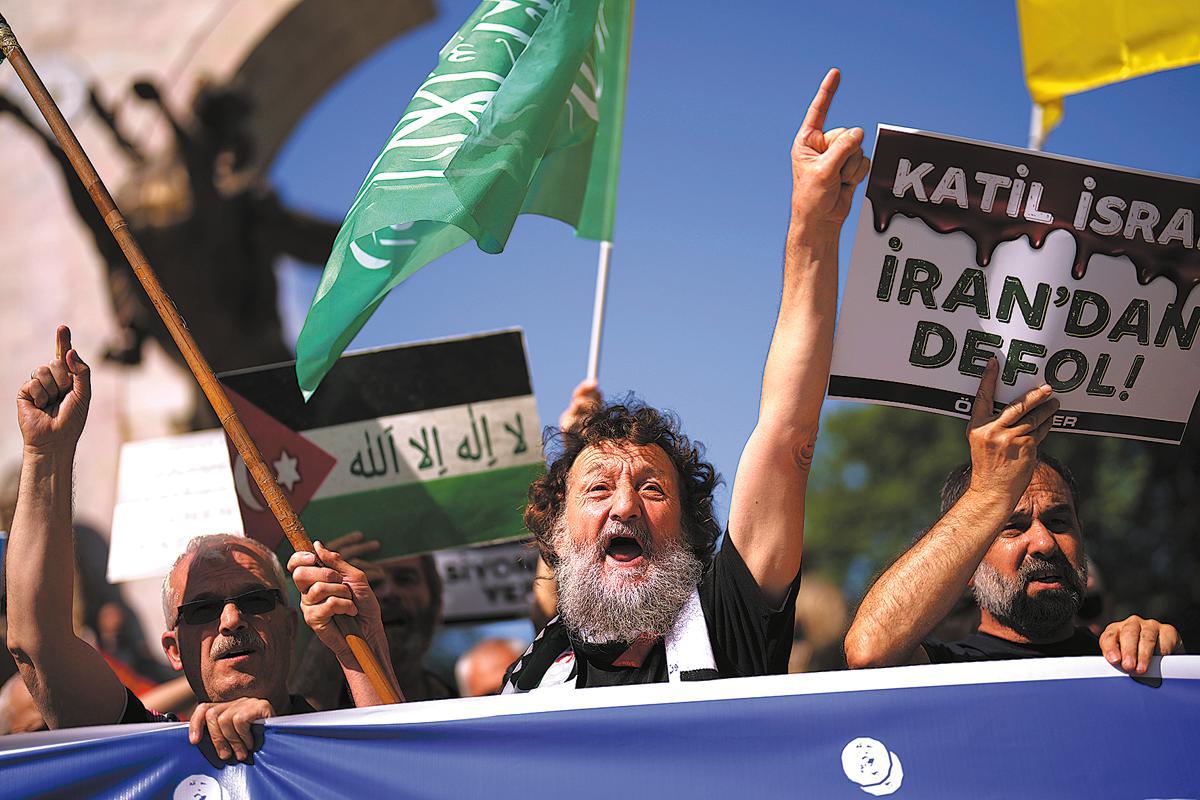
Call for political solution
Countries in the Asia-Pacific region have called for a political solution while voicing condemnation of or concern over US attacks on Iran's nuclear energy facilities.
Iraqi government spokesperson Bassem Al-Awadi said that "targeting nuclear facilities inside Iran is a dangerous threat to security and peace in the Middle East and exposes regional stability to great risks".
Pakistan's Prime Minister Shehbaz Sharif reaffirmed Pakistan's unwavering solidarity with Iran on Sunday in a telephone conversation with Pezeshkian. Sharif conveyed Pakistan's condemnation of the US attacks against Iranian atomic energy facilities, according to a release by the Consulate General of Pakistan in Hong Kong and Macao SARs.
Saudi Arabia's Foreign Ministry, in a statement on X, affirmed its condemnation and denunciation for violating the sovereignty of the Islamic Republic of Iran, expressing the need to "exert all efforts to exercise restraint, de-escalate, and avoid escalation".
Oman, Qatar, Lebanon, the United Arab Emirates and Palestine also expressed deep concern, condemning the escalation resulting from the direct US airstrikes against Iranian facilities, and urging continued political talks to end the conflict. Australian and New Zealand officials, too, voiced concern, stating they "continue to call for de-escalation, dialogue and diplomacy".
Yemen's Houthi group on Sunday said the US administration's "reckless aggression against three Iranian nuclear sites is a blatant declaration of war against the brotherly Iranian people. We declare our full support for the brotherly Iranian people".
Other countries that slammed the US included Venezuela, Cuba, and Chile, calling the attacks "illegal".
Arhama Siddiqa, a research fellow at the Institute of Strategic Studies Islamabad in Pakistan, told China Daily the US strikes on Iran's safeguarded nuclear sites, carried out despite IAEA oversight and warnings, "mark a dangerous turn in regional crisis management".
"By bypassing Arab League and Organisation of Islamic Cooperation diplomacy, Washington has signaled a pivot from consensus-building to unilateral force, widening the rift between Western and regional approaches," said Siddiqa.
"Moreover, IAEA chief Rafael Grossi has repeatedly warned that attacks on nuclear infrastructure 'cause a sharp degradation in nuclear safety and security' and risk radiological or chemical contamination, even if no public release has yet occurred, 'nuclear facilities must never be attacked, regardless of the context'," said Siddiqa.
Agencies contributed to this story.
jan@chinadailyapac.com
















